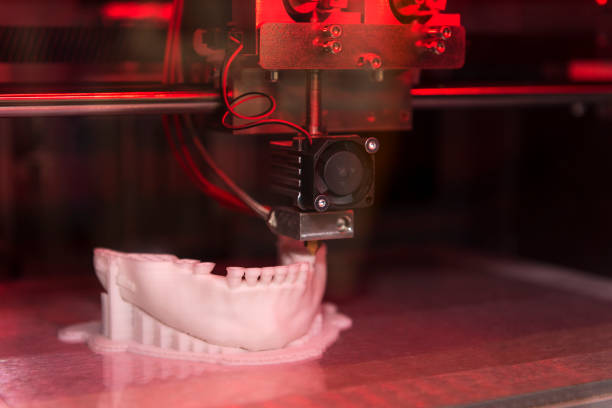The 3d Printer Leveling Sensor is the best 3D printer. This is something to think about while choosing a 3D printer. Thankfully or unfortunately, there is no such point. It relies entirely on your goals for your Creality 3d Printer for Sale.
“Which 3D Printing Modern approach is the most effective?” you might query.
3d Printer Auto Bed Leveling also responds.
What you want to achieve with Affordable 3d Resin Printers Australia is up to you.
FFM and FDM TM are processed in which a plastic filament is a liquefied or melted and then developed layer by layer by the print head.
When choosing an Affordable 3d Resin Printers Australia, you need carefully consider your assumptions and what you want your published component to be capable of.
What exactly are you staring at?
Prototypes are used to evaluate the design.
Models are useful for reviewing and examining the design.
To check how your layout fits together, use Fit and Kind.
Advertising or sales models are two types of models.
Manufacturing in Large Quantities
Patterns, jigs, and components are examples of manufacturing tools.
Medical products that a physician has approved.
Surgical overviews modelling
Clinical items that are accepted orally
Surgical Guides Modeling
After determining the component’s use, you can choose which portion criteria are most important.
Part stamina, Surface area finish, Precision, Sturdiness, UV resistance
Warm Resistance, Versatility, Medical approvals.
After a clear image has been established regarding what matters regarding the part features and applications, it is then feasible to evaluate 3d Printer Brass Nozzle Online, technologies and gadgets.
Specifications
As part of any assessment of equipment, when an understanding of the part or performance requirements is developed, it becomes important to start contrasting specifications, and also this is a location that creates a lot of concern without accepted standards that enable you to precisely examine maker’s cases regarding the efficiency of their device.
The crucial requirements that most individuals take into consideration are:
Layer height or Resolution
Speed
Develop Area/Build Dimension
Layer Height/Resolution
This describes the height of the bead put down by the 3D printer; this can be a misleading spec as declared minimum elevation is frequently an academic figure dependent on worldly top quality, thaw temperature level, and print speed. Layer elevation, although essential, is not the most critical standard as this does not tell you the vital aspects of accuracy, repeatability, build stamina and integrity. For the most part, very few customers of 3d Printer Leveling Sensor ever use the finest resolution on their printers.
Speed
It would help if you thought that an increase in rate on smaller devices could often associate with a reduction in high print quality because it can create stretching of the bead as it is being set and cause “missing” where grain integrity is compromised.
Location for Construction
Naturally, a vast build area facilitates the construction of larger models. It would be beneficial if you assessed whether a component that improved the build location’s centre versus the construction area’s periphery has the same stamina and efficiency qualities. The temperature level of the construct tray (if warmed) might range over the build area, especially on printers without warmed build envelopes, affecting toughness, size, and precision. It’s not difficult to split a version and develop it in parts, and it can be worth risking your build location if it gives you more stamina and precision.
It must be emphasized that there is no personal device that does it all; your decisions will certainly most likely require a concession somewhere.
I will briefly cover below some distinctions between individual printers and expert printers, and in my next post, I will cover the differences between modern technologies.
My remarks are not planned to specify which printer is great or bad but rather to make certain that the distinctions are clearly defined, enabling you to make an educated choice.
Personal/Hobbyist 3d Printing Spare Parts
Pros, Cons, Reduced Cost, Component Mechanical Efficiency
Reduced Product Expense, Quality/Consistency of Component
Experimentation, Product Incongruity, Commonly needs constructing
Equipment Reliability
The Personal/Hobbyist, 3d Printer Tensioner, supplies some benefits to an organization that intends to start using 3D Printers. It is cost-effective to present the principle to an organization without going through long Capex authorization procedures.
We often advocate that businesses or employees who are to justify 3D Printers start on the Hobbyist path. At some point, the challenges typically inherent in Personal/Hobbyist 3D Printers will need these companies to update to an Expert FDM 3D Printer.

